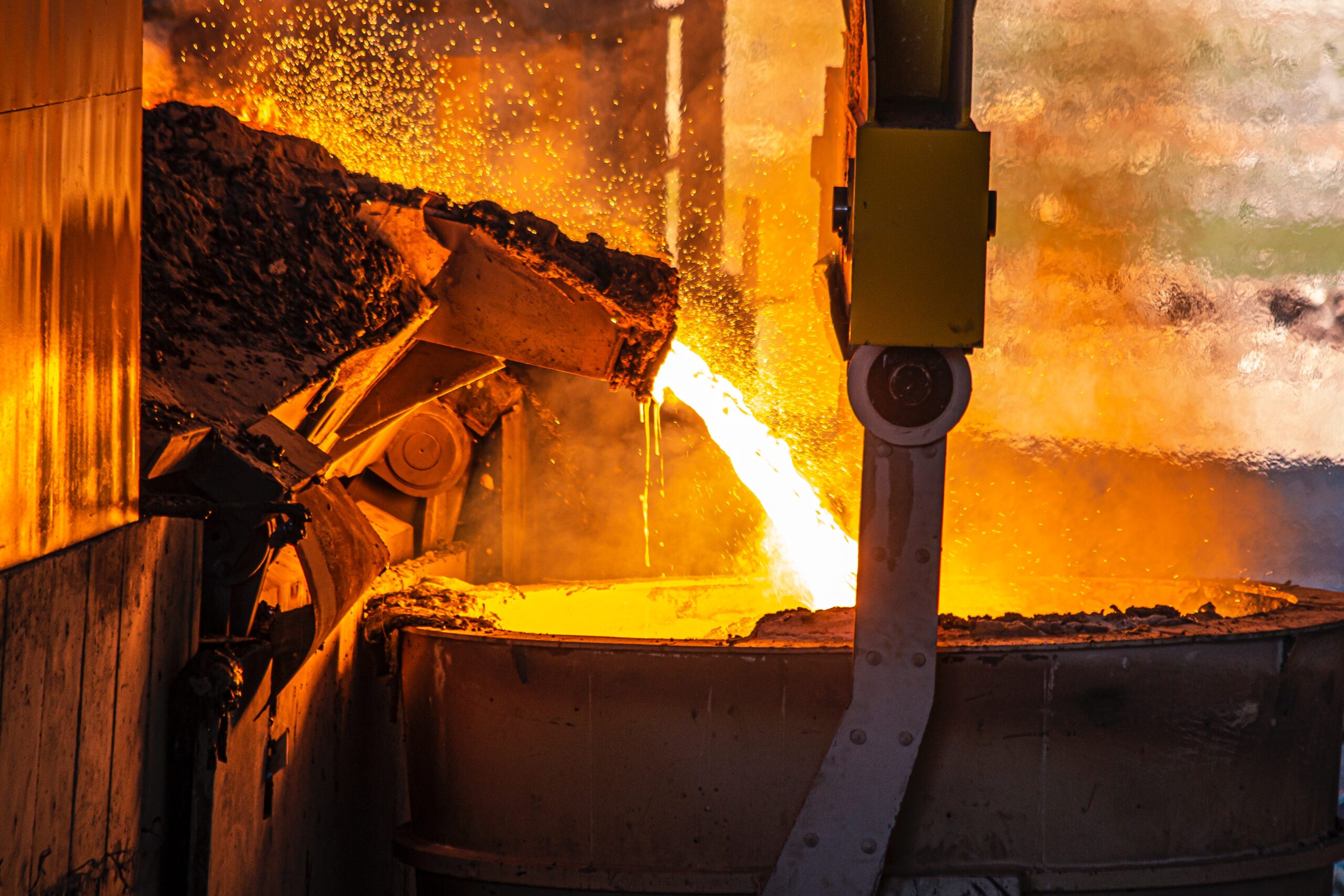What is Molybdenum Used For?
alloys
Molybdenum is in high demand for industrial use, but what is molybdenum used for and what are its unique properties?
This silvery-white metal has an appearance similar to that of lead or ore and was often mistaken for these elements in the early years after its initial discovery. Molybdenum is not a naturally occurring free metal and is usually purchased as a powder.
Based on these general qualities, it might seem like molybdenum is nothing special. But molybdenum plays a critical role in commercial alloy production, and might just be one of the most important – and most impressive – metals on the planet.
Molybdenum’s Benefits
Before we talk about how molybdenum is used, it’s helpful to look at some of its most prominent features and benefits. These include:
- Low thermal expansion
- One of the highest boiling points of all metals at 10,040°F (5560°C)
- High mechanical strength at hot temperatures
- High levels of tensile strength
- High levels of ductility
- High thermal conductivity
- Corrosion resistant
So, is molybdenum a metal or is it something else? While there does tend to be a bit of confusion, molybdenum is in fact a metal and is situated among the transition metals on the periodic table, a grouping that also includes iron, chromium, and copper. It is further defined as a refractory metal, which describes metals with extremely high melting points and superior levels of mechanical strength.
An additional advantage of molybdenum is that it has a high degree of versatility in terms of engineering methods and processing. Arc melting, extrusion, stamping, and hot and cold forging are all effective means of engineering molybdenum, which further extends the utility of this metal and the number of ways that it can be used.
Various Uses of Molybdenum
Regarding the uses of molybdenum, it’s both about what it can do on its own and how it can enhance other materials like steel and aluminum.
Standalone uses:
- Use in the production of durable heating elements, for example, crucibles for melting and solidifying
- Use as supporting material for power electronics, such as a semiconductor base plate
- Use in manufacturing components for glass production
- Use in medical equipment
Specific applications of molybdenum alloys include:
- Use in industrial heating elements
- Use as a furnace component or furnace lining
- Use in structural steel
- Use in automotive parts
- Use in aerospace components
- Use in steel intended for marine environments
- Use in the production of jet engines and power-generation turbines
- Use in milling and crushing equipment
One of the most common uses of molybdenum is for the production of molybdenum alloy steel for a variety of applications since it provides manufacturers and other industrial uses with steel bolstered with the valuable qualities of molybdenum. Industries that rely on molybdenum range from automotive and marine building to aerospace and defense.
Other uses for molybdenum include applications in various pigments and dyes, as well as fertilizers and certain lubricants that need to be able to withstand high heat. In its chemical form, molybdenum may also be used as a catalyst, particularly in petroleum refineries.
Based on all of these uses, it’s easy to see how molybdenum has cemented its place as one of the most popular refractory metals in use today – and why it remains so valuable across such a wide range of industries.
Choosing Molybdenum Suppliers
If you’re in need of molybdenum, it’s essential that you work with a supplier that can source exactly what you need based on your desired specifications. And at Alloys International, we do just that, working closely with our buyers to ensure they get exactly what they require for the job at hand.
Shop our inventory of steel and aluminum alloys, or contact us with direct questions or for one-on-one assistance.




